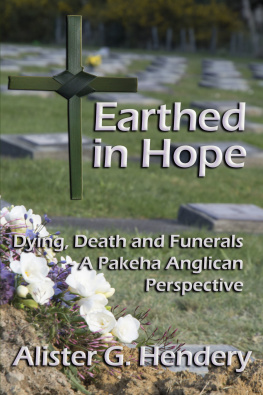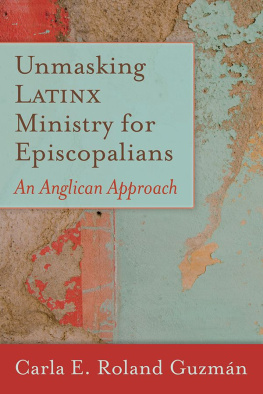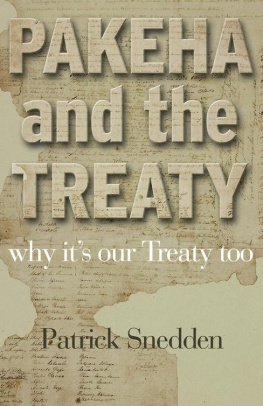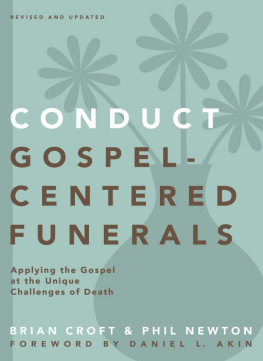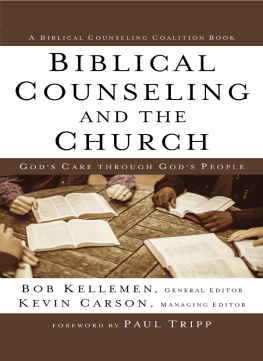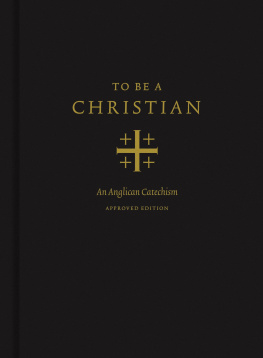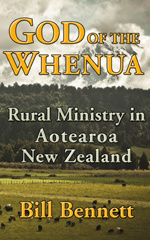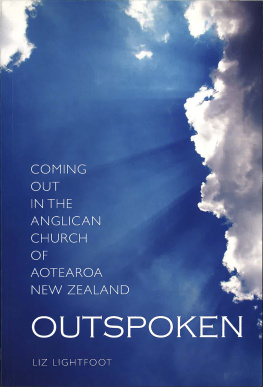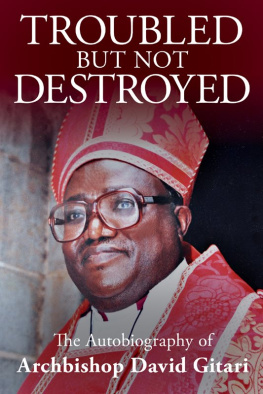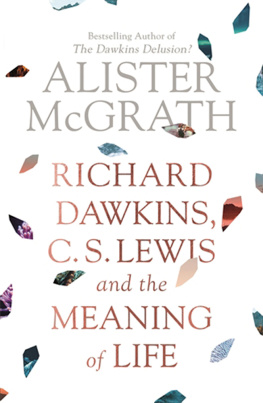Alister G. Hendery - Earthed in Hope: Dying, Death and Funerals – a Pakeha Anglican Perspective
Here you can read online Alister G. Hendery - Earthed in Hope: Dying, Death and Funerals – a Pakeha Anglican Perspective full text of the book (entire story) in english for free. Download pdf and epub, get meaning, cover and reviews about this ebook. year: 2014, publisher: Philip Garside, genre: Religion. Description of the work, (preface) as well as reviews are available. Best literature library LitArk.com created for fans of good reading and offers a wide selection of genres:
Romance novel
Science fiction
Adventure
Detective
Science
History
Home and family
Prose
Art
Politics
Computer
Non-fiction
Religion
Business
Children
Humor
Choose a favorite category and find really read worthwhile books. Enjoy immersion in the world of imagination, feel the emotions of the characters or learn something new for yourself, make an fascinating discovery.
- Book:Earthed in Hope: Dying, Death and Funerals – a Pakeha Anglican Perspective
- Author:
- Publisher:Philip Garside
- Genre:
- Year:2014
- Rating:5 / 5
- Favourites:Add to favourites
- Your mark:
Earthed in Hope: Dying, Death and Funerals – a Pakeha Anglican Perspective: summary, description and annotation
We offer to read an annotation, description, summary or preface (depends on what the author of the book "Earthed in Hope: Dying, Death and Funerals – a Pakeha Anglican Perspective" wrote himself). If you haven't found the necessary information about the book — write in the comments, we will try to find it.
From the Foreword:
Alister Hendery is offering us a great gift in this beautiful, resource-filled and comprehensive book. He has aimed to assist those within Tikanga Pakeha of the Anglican Church in Aotearoa, New Zealand to undertake ministry with the dying and the bereaved with creativity and sensitivity. This book certainly achieves that goal. But it offers much, much more than that and I hope it will find a significantly wider audience. In simple and unassuming style Alister provides not only a comprehensive resource, but a wise, insightful and at times challenging guide across the uniquely privileged landscape the pastor is called to traverse.
+ Philip Richardson
Primate and Archbishop Tikanga Pakeha
Description:
Earthed in Hope will enrich the funeral ministry both of those in the Anglican tradition and also those from other Churches. It is a valuable resource for funeral celebrants, counsellors and anyone supporting the bereaved and dying. Hendery reflects on and responds to spiritual, theological, liturgical, pastoral and cultural questions, and offers practical suggestions and insights that will be helpful to those involved in taking funerals and caring for the bereaved and the dying.
Earthed In Hope raises challenging and important questions, including:
* What are the purposes of a funeral?
* Why does contemporary society deny death and how do we help people face the reality of their mortality?
* How do we minister in a pluralistic culture.?
* What is the difference between a Church funeral and a celebrant-led service?
* What is the Christian understanding of life after death and what place is there for doubt?
When the Anglican Church in Aotearoa New Zealand revised all its liturgies, it produced the most comprehensive funeral rites in the Anglican Communion. They enable its ministers to respond creatively to the needs of the bereaved in a contemporary setting. The current New Zealand Anglican Liturgies are flexible and for the most part sound. Alister Hendery, however, highlights places in which they can be enhanced and offers positive suggestions for improvement.
A theme of Earthed In Hope is that while celebrant-led funerals provide a valuable service to the community, the Church is still well-positioned to work with the bereaved, conduct funerals and perform the various rituals associated with death. Hendery urges the Church and its ministers to give more attention and priority to this vital aspect of Christian mission.
The words used at a funeral are very important, but rituals and actions can be even more important as they express the inexpressible. We need ritual when what we experience is too profound and significant for ordinary expression and routine words.
The funeral ministers role is complex and demanding. Its not just about reading words from a book or being a MC. Most importantly, its about being with the bereaved. Hendery argues that our contemporaries are looking for people who will hear their questions, respect their searchings, and journey with them as a friend in their pain and confusion.
He notes that as the medical profession has taken over care for the dying, so care of the dead has passed to the funeral industry. However, he believes the bereaved need to be encouraged and supported in taking a more hands on role in the care of their dead. This can be done is small but significant ways that help bring home the finality of death.
Hendery deals sensitively and in detail with the issues surrounding funerals for children and those who have suicided.
Alister G. Hendery: author's other books
Who wrote Earthed in Hope: Dying, Death and Funerals – a Pakeha Anglican Perspective? Find out the surname, the name of the author of the book and a list of all author's works by series.

